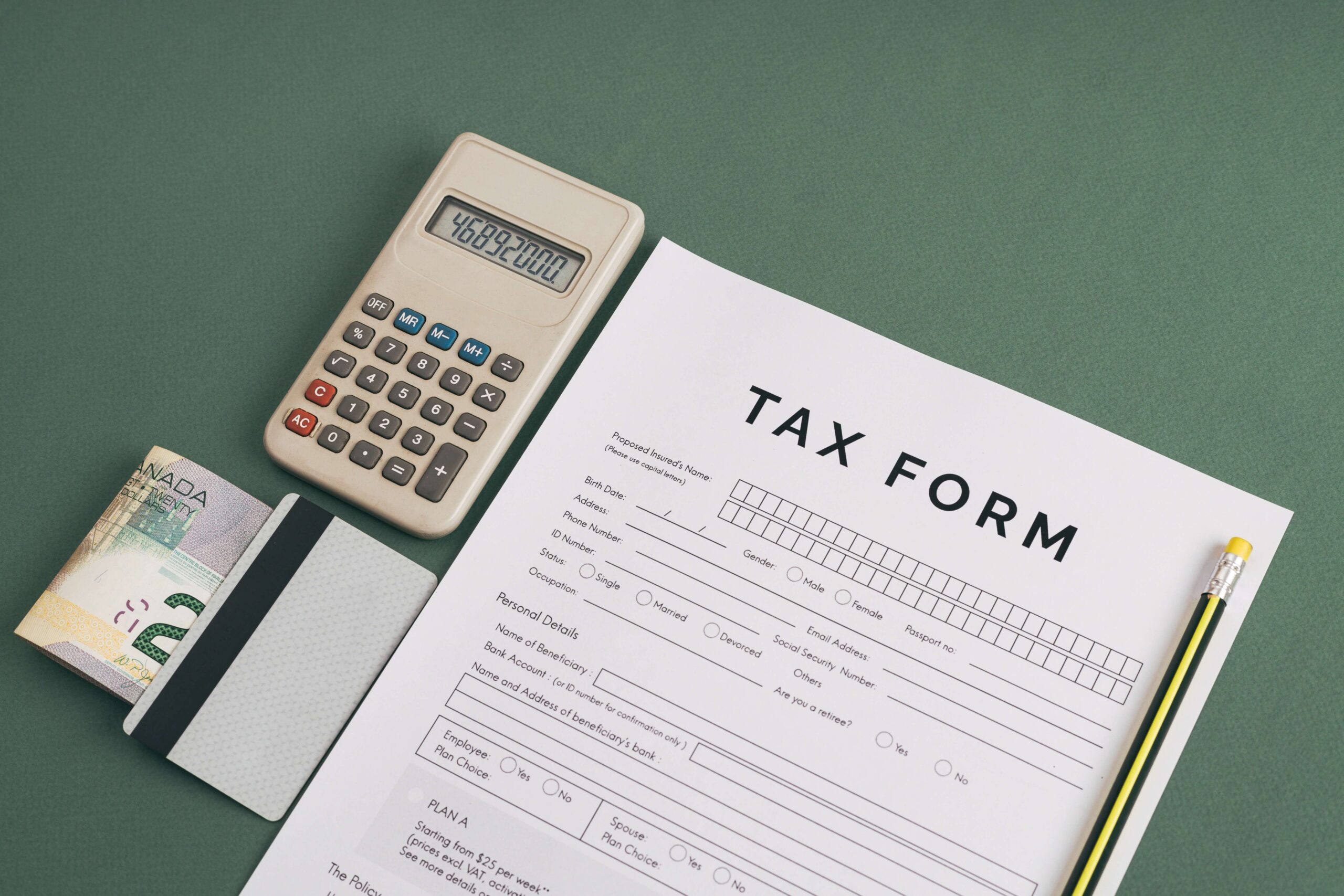Embarking on the journey to Canadian citizenship is a momentous occasion! However, alongside the privileges and responsibilities that come with citizenship, new Canadians must grapple with updated tax information that demands careful consideration. An understanding of the Canadian tax system becomes pivotal for effective financial planning and compliance.
In this guide, we’ll highlight the key tax considerations for new Canadian citizens as well as how taxation generally works for both resident and non-resident citizens of the country.
How Is Residency Status & Tax Obligation Linked?
It’s important to begin with identifying your residency status. This is a crucial factor dictating the types of taxes you must pay in Canada. New citizens must discern between residents and non-residents.
Residency Status: As per Canadian tax laws, residents must report their worldwide income to the Canada Revenue Agency (CRA). Meanwhile, non-residents need only report income earned within the Canadian borders.
Identifying your residency involves factors like the duration of stay or time spent in Canada, residential ties, and the nature of excursions abroad.
As new Canadians obtain their citizenship, they generally assume resident status. Vigilance in tracking the time spent in Canada and maintaining crucial residential ties, such as a home, family, and personal belongings is helpful in proving residency status.

How Do Income Taxes Work for Residents?
1. Worldwide Income Reporting: Canadian residents are responsible of reporting their global income to the CRA. This includes a spectrum of earnings—employment income, business income, rental income, and investment income. Documentation and meticulous record-keeping are extremely helpful when filing your taxes each year.
2. Tax Credits and Deductions: Residents gain access to an array of tax credits and deductions designed to alleviate their overall tax burden. From childcare credits to deductions for retirement contributions and employment expenses, these incentives meant to be used. Start researching options that apply to you or ask a professional about these options and how you can access them.
3. Goods and Services Tax (GST) and Harmonized Sales Tax (HST): New citizens must acquaint themselves with other taxes like GST and HST, applicable to most goods and services in Canada from retail stores to dining out. Navigating the intricacies of when these taxes apply will help when budgeting and financial planning.
4. Provincial Taxes: With a dual tax system made up of federal and provincial/territorial governments, there are also differences in tax rates and rules across different provinces. Pay attention to provincial tax regulations especially if you are planning to move to another part of Canada.

How Does Income Tax Work for Non-Residents?
1. Non-Resident Taxation: Non-residents face less taxes, being taxed solely on income made in Canada. This may include employment income, rental income, and other Canadian-sourced earnings.
2. Tax Treaties: Knowledge of tax treaties between Canada and other nations becomes important for citizens with ties to foreign countries. Understanding these treaties helps to reduce the risk of double taxation and shapes the tax treatment of income in both Canada and your home country.
Special Tax Considerations for Canadian Citizens
1. Foreign Assets: For Canadian residents possessing assets outside of Canada that exceed certain amounts, reporting to the CRA is mandatory. This entails disclosing bank accounts, investments, and real estate holdings. New citizens must learn about these reporting requirements to avoid potential penalties in the future.
2. Estate Planning: Tax implications tied to estate planning proves critical for new citizens. This involves planning to help reduce tax burdens on heirs and ensuring the seamless transfer of assets.
3. Tax-Free Savings Accounts (TFSA): Diving into tax-advantaged accounts like TFSAs can offer new citizens valuable benefits. TFSAs provide tax-free growth on investments, while contributions to other accounts, like the First Time Home Buyers Account can be deducted from taxable income, presenting opportunities for substantial tax savings.





